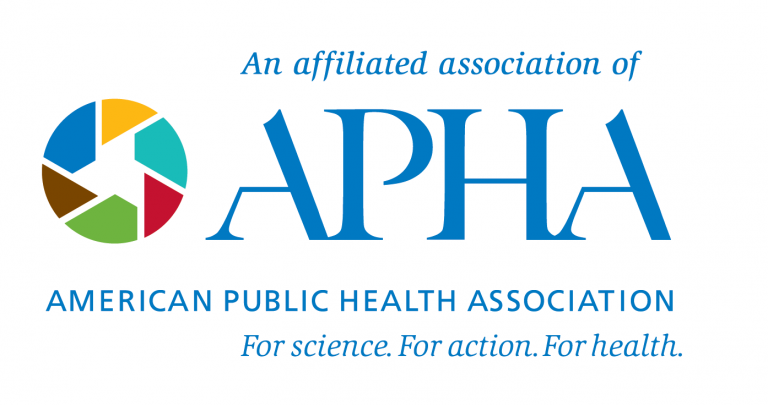The Benefits of Membership
- Discounted registration to the Alaska Heath Summit and other training events.
- Access to our members-only CommUnity Forums for networking with colleagues and the ALPHA Board.
- Opportunities to guide our work through Board and Committee involvement.
- Influence on on health policy through ALPHA's resolution process & advocacy efforts.
ALPHA is an Affiliated Organization of the American Public Health Association

|